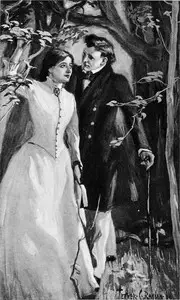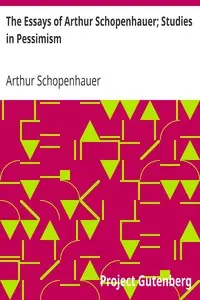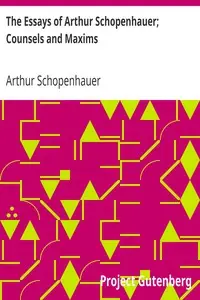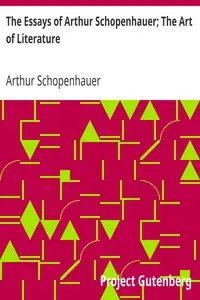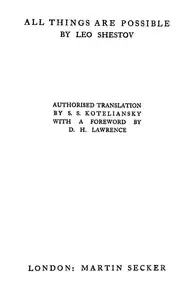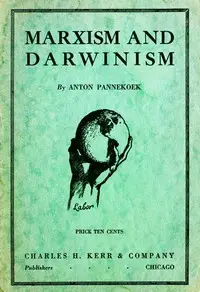"Anton Tchekhov and Other Essays" by Lev Shestov is a set of philosophical writings from the early 1900s that studies the life and significance of Anton Tchekhov, the celebrated Russian writer, by looking at big ideas about what it means to be human, like hopelessness and making art. Shestov checks out how Tchekhov's stories relate to tough philosophical questions that come from pain and trying to find meaning in a world that doesn't seem to care. The series kicks off with Shestov thinking about Tchekhov’s life story and what he left behind, mentioning the author is often misinterpreted and that Tchekhov’s pieces argue against the very hopes that keep people going. Shestov digs into how Tchekhov wrote characters who were very let down, pointing out that Tchekhov was all about showing how pointless our goals can be. Instead of being comforting, Tchekhov's writings underscore the harsh realities of life, showing the struggles of his main characters, as they confront despair and feeling lost. So, Shestov sees Tchekhov as more than just a storyteller, but as someone constantly searching and revealing the deep parts of being human.
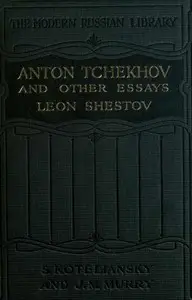
Anton Tchekhov, and Other Essays
By Lev Shestov
Explore stories that expose the painful realities of life, where characters confront despair and the futility of human aspirations.
Genres
Released
2018-03-16
Formats
epub
epub (images)
mobi (images)
epub3 (images)
mobi
txt
Free Download
Summary
About the AuthorLev Isaakovich Shestov was a Jewish-Russian existentialist and religious philosopher. He is best known for his critiques of both philosophic rationalism and positivism. His work advocated a movement beyond reason and metaphysics, arguing that these are incapable of conclusively establishing truth about ultimate problems, including the nature of God or existence. Contemporary scholars have associated his work with the label "anti-philosophy."
Lev Isaakovich Shestov was a Jewish-Russian existentialist and religious philosopher. He is best known for his critiques of both philosophic rationalism and positivism. His work advocated a movement beyond reason and metaphysics, arguing that these are incapable of conclusively establishing truth about ultimate problems, including the nature of God or existence. Contemporary scholars have associated his work with the label "anti-philosophy."
Total Reviews
10.0k
Total reviews from Goodreads may change

